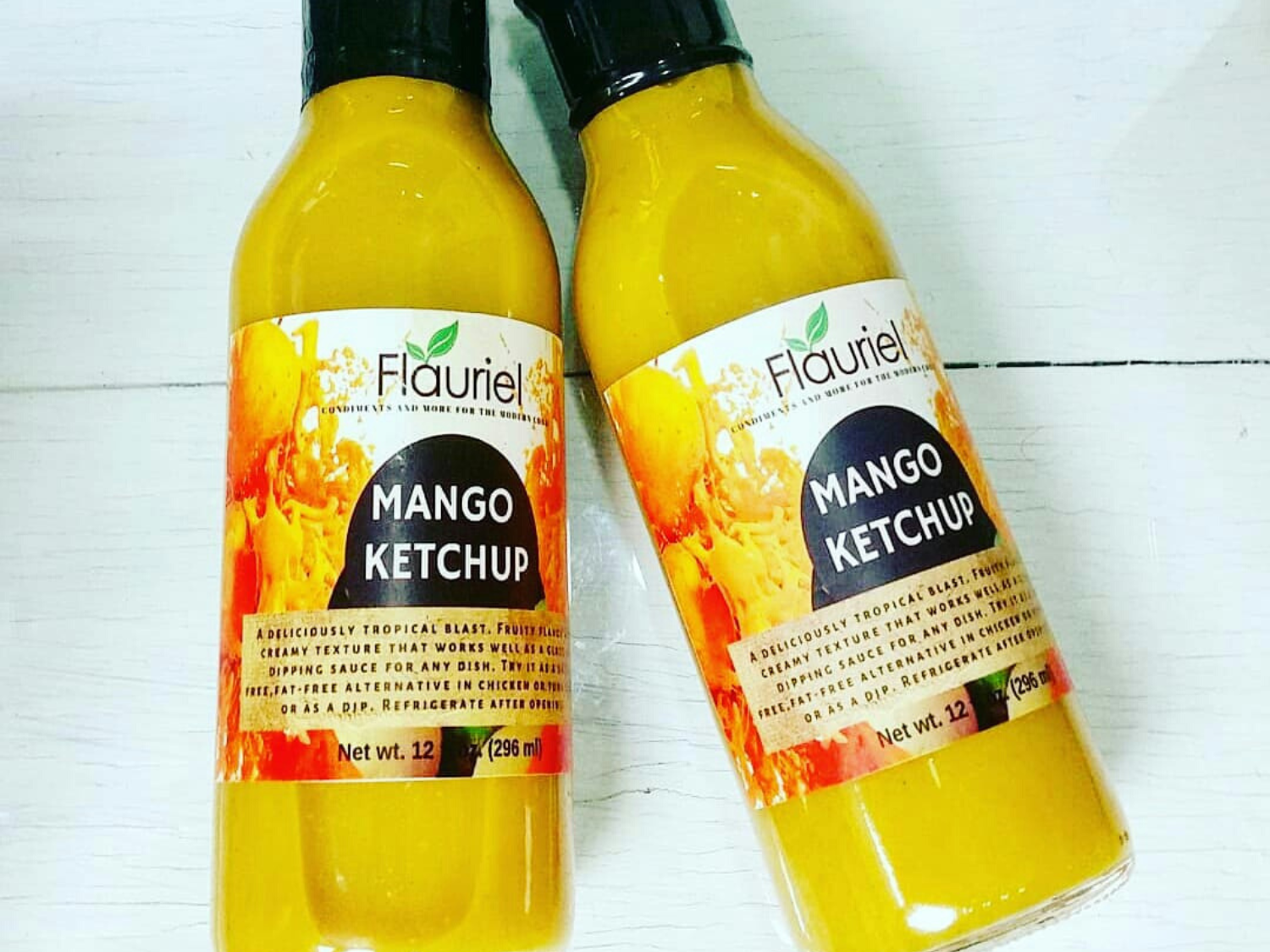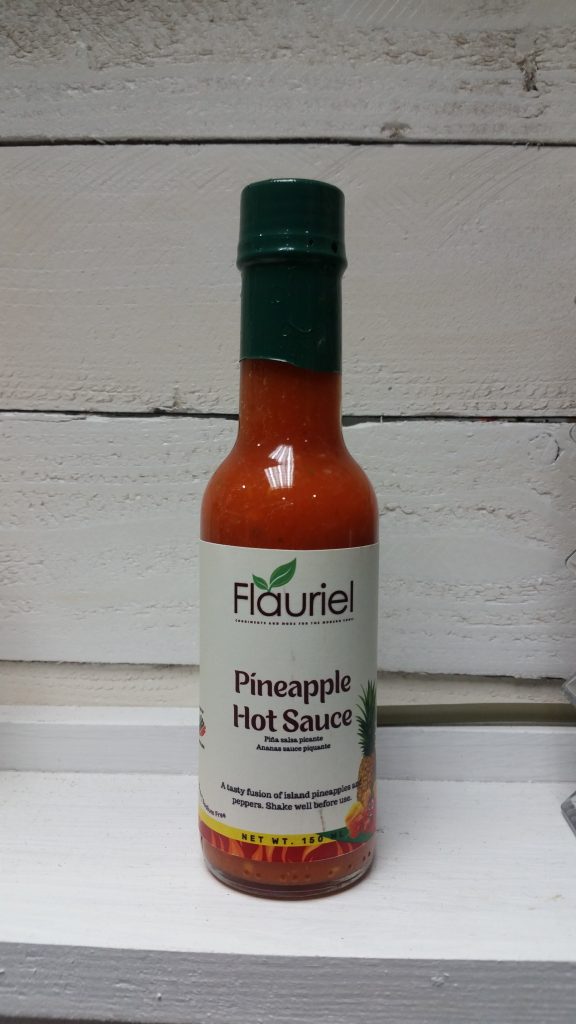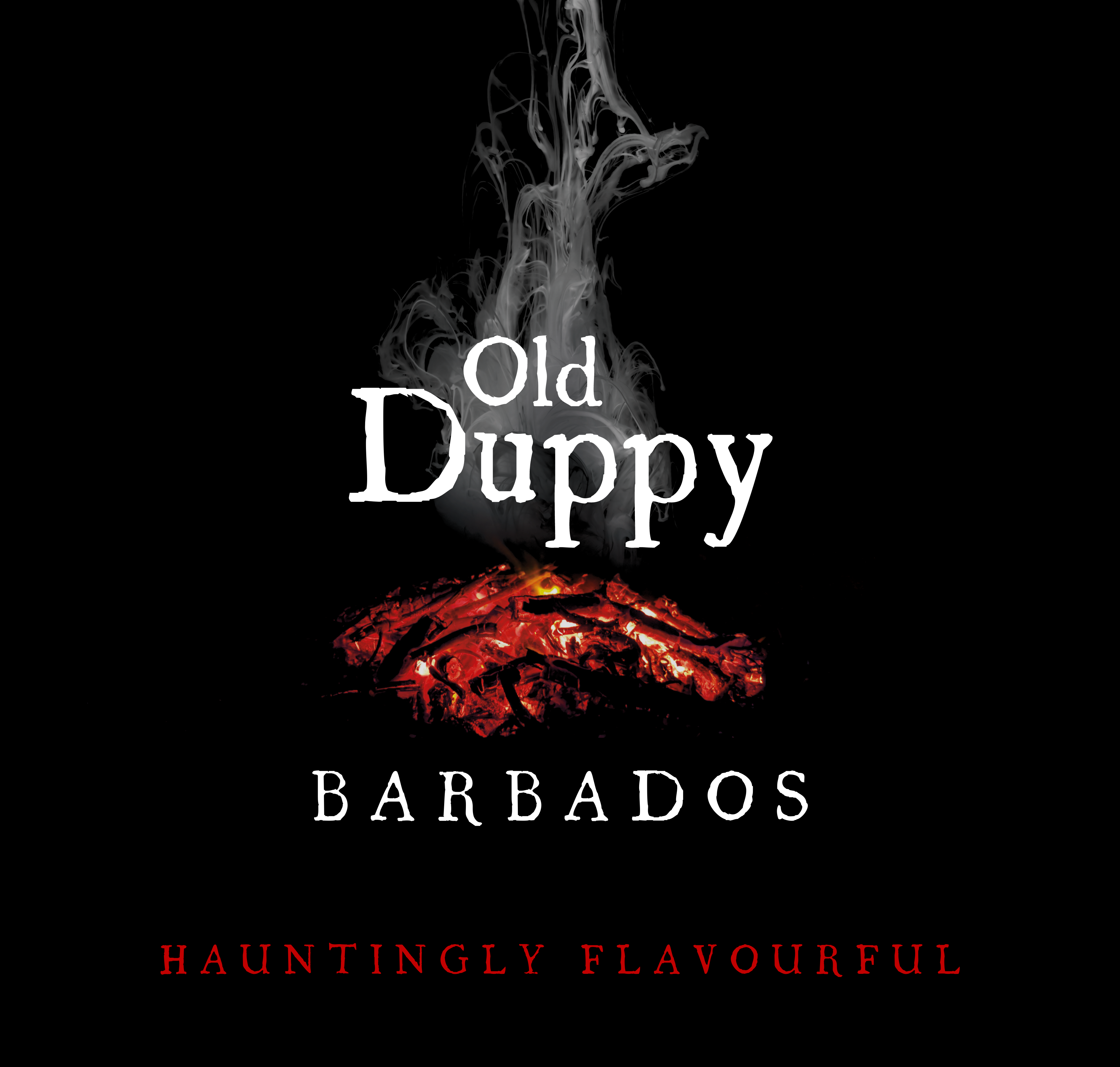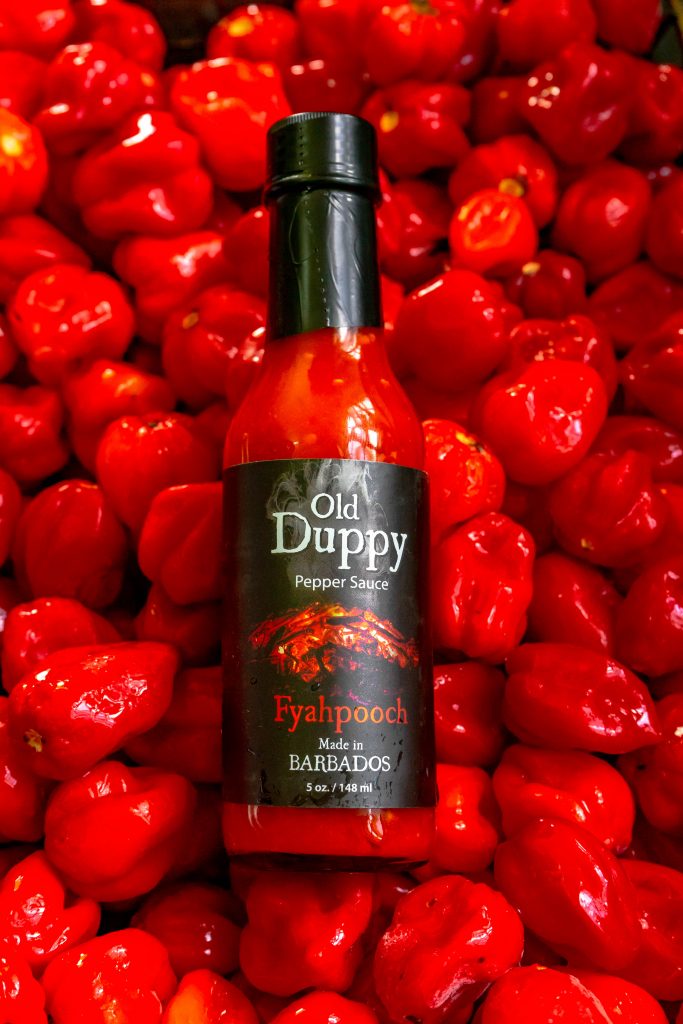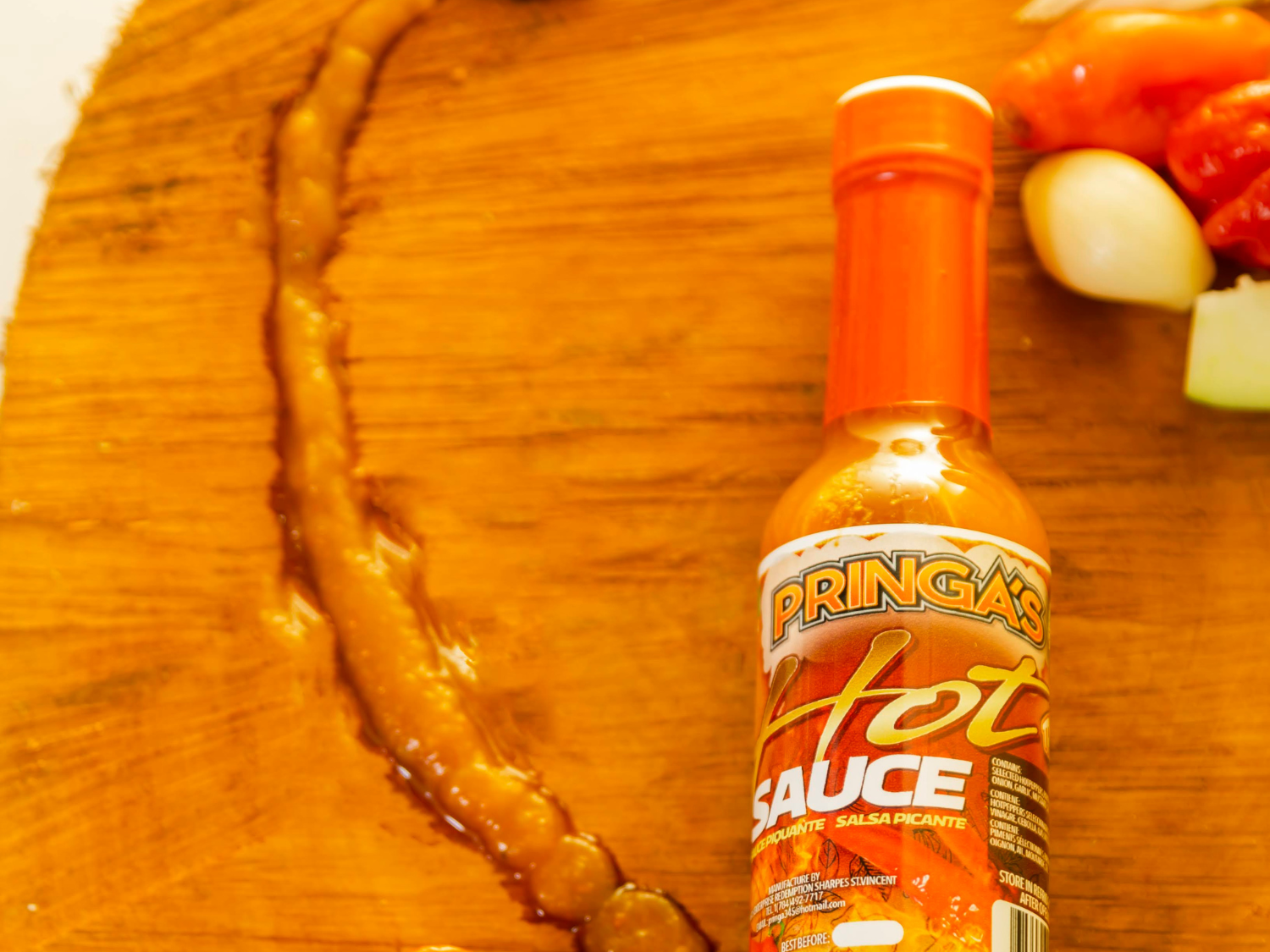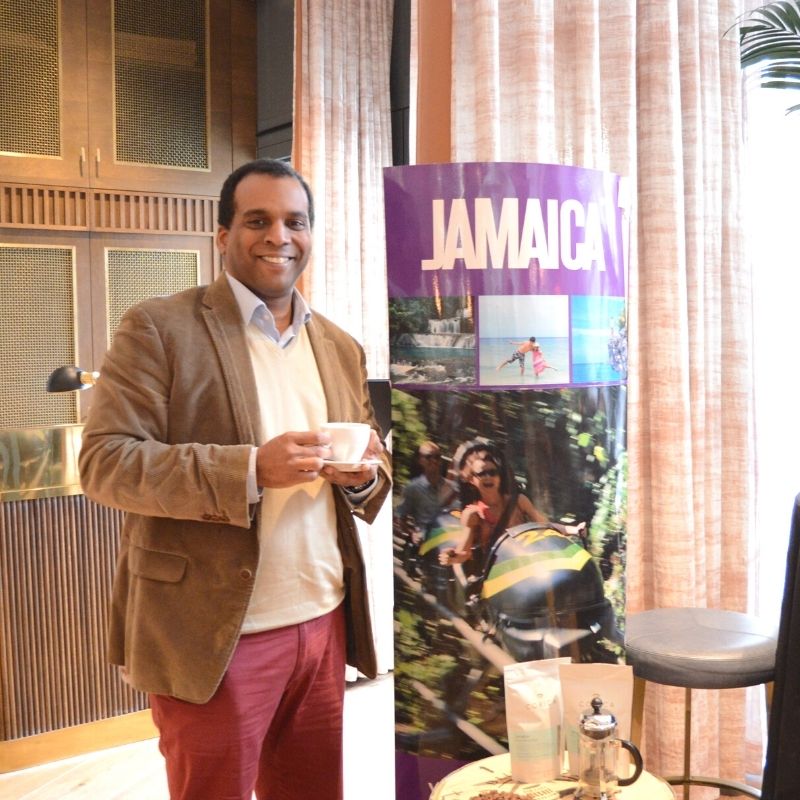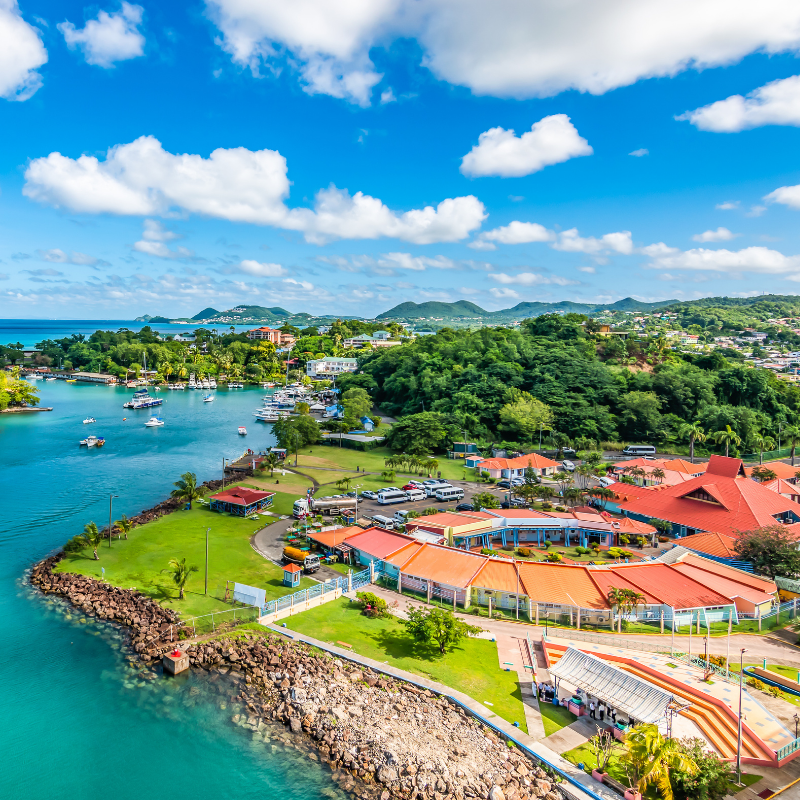Christmas is coming and retailers around the world are getting ready for the so-called ‘Golden Quarter’ between October and December when sales traditionally spike.
This is an important time for shops everywhere and usually involves an intense amount of preparation for the rush, which includes attending trade shows and finding products that purchasing agents hope their customers will love.
In the UK, one of the biggest retail tradeshows is held just before the busy festive season gets into full swing. ‘Autumn Fair’ is a four-day event in Birmingham from 4-7 September that is billed as “a vibrant hub where ideas flourish and community, connection, and collaboration thrive.”
Autumn Fair has four distinct buying destinations – Home, Gift, Moda (fashion) and Design & Source – where over 600 exhibitors are hoping to attract the attention of leading buyers and retailers scouting for exceptional and unusual products to ‘wow’ their customers.
The Caribbean Export Development Agency and the European Union are supporting 10 regional womenswear, jewellery, and shoe designers who are travelling to the UK to take part in this important industry event.
The attendees include three established footwear brands, Catori’s Barbados, FETE-ish from St Lucia, and Haiti’s SANDILOU.
Catori’s Barbados was started by husband-and-wife team, Carson and Twena Cumberbatch, and is named after their two daughters Cara and Tori.
Carson has been repairing shoes and bags for almost 30 years and opened his own heel bar and shoe repair shop in Barbados’ capital Bridgetown in 2003.
A few years later, when Carson needed a pair of sandals, he decided to design and handmake a pair from scratch, and from there his business model expanded to include bespoke shoes for men and women.
Since then, Carson has significantly advanced his repertoire and now also designs and crafts a full range of leather accessories including belts, purses, bags, wallets, passport holders, cell phone cases, and business portfolios.
Carson’s years of repairing shoes and bags have given him invaluable insight into what it takes to construct a product that will last, especially in the tropics, where the heat often causes inferior materials to quickly peel and fall apart.
He utilises hardwearing materials like burlap and denim to enhance longevity, with bamboo handles for the bags and stitched, brass ring details on the shoes.
Carson also credits additional training on shoe manufacturing and bag making which he underwent in Colombia, for improving his craft, and giving him the skills to make leather goods that are chic and classy with a Caribbean touch.
Fete-ish is a customised footwear company founded in 2019 by self-taught St Lucian entrepreneur Kayle Cassius.
Kayle started designing and making leather sandals as a side hustle but soon turned it into a fully-fledged business when interest in her made-to-order shoes steadily grew beyond just her close family and friends.
Fete-ish is different from mass produced or large-scale manufacturers because Kayle works collaboratively with her customers to design sandals that reflect their personality, colour preferences, and personal style.
She says her brand represents “uniqueness, individuality, beauty and strength”, and these values influence every pair of sandals she creates along with an “artsy and whimsical” feel which is 100% inspired by the charms of Caribbean life.
As a lover of shoes herself, Kayle is particularly proud of the fact that her shoes are built to last, and because of that, as well as her eye for every detail and willingness to please the customer, she has had many repeat orders.
Fete-ish has been featured in Elle Magazine, LIAT airline’s in-flight magazine Caribbean Beat, Tropical Traveller, and several other regional publications and Kayle plans to turn her brand into a global household name.
Sandilou is a passion project for Haitian businesswoman Sandra Russo. She started the business with her husband Fred in 2012, and currently works alongside a team of 10 artists to bring her designs to life.
Primarily focused on resort wear, soft furnishings, beach towels. and flip flops, Sandilou offers hand-painted products which express the unrestricted Caribbean ‘joie de vivre’ and love for everything colourful and exuberant.
All Sandilou’s designs start off as a sketch on a blank fabric like rayon, cotton, and linen, then the artist paints freehand using dyes, silkscreen, and paint directly onto the ‘canvas’ and the item takes shape naturally.
Every item is different depending on who painted it. Some artists prefer abstract or organic concepts, while others might use folk and traditional Haitian imagery for inspiration, and a local team of female seamstresses sometimes add appliques and embroidery.
Sandra explains: “We are not a fashion house with collections. We produce easy-wear, just like the Caribbean – we are happy and easy, we’re a lifestyle that’s a visual feast, effortless, with little stress and in no hurry to change what is comfortable.
“We still enjoy moments with nature, friends, family (close and extended) and have fun at carnival, where time has another rhythm and light makes everything beautiful.”


